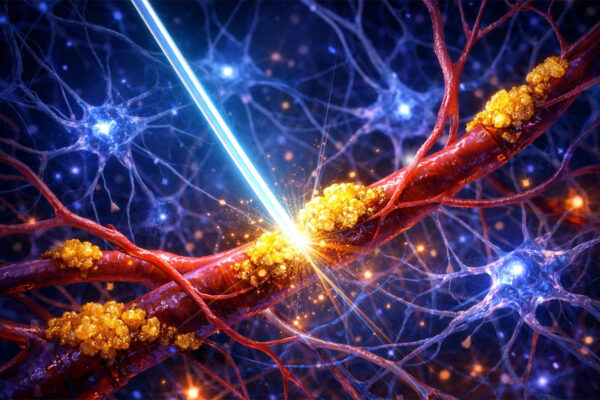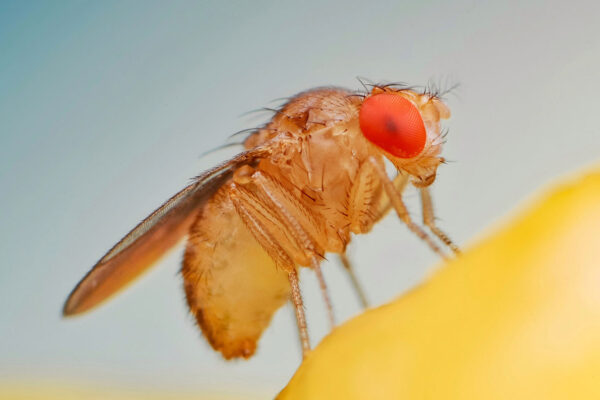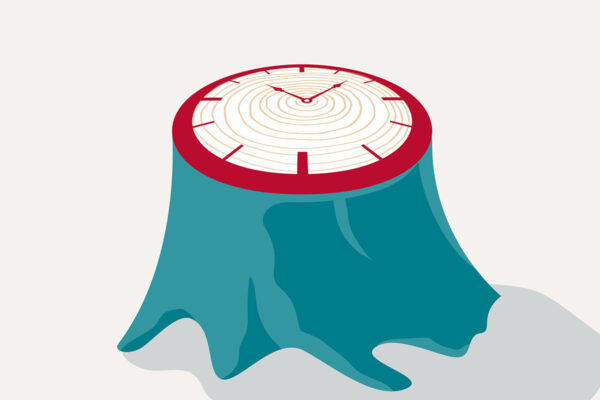Fiber implant sheds new light on Alzheimer’s disease progression
Researchers at Washington University in St. Louis have a federal grant to further develop a fiber-based, deep-brain interface to study the relationship between neurovascular dysfunction and memory loss in Alzheimer’s disease.
Willers to lead Division of Academic Specialists in Obstetrics & Gynecology
Denise M.S. Willers, MD, a clinician renowned for patient-centered care and academic excellence, has been named the new director of the WashU Medicine Division of Academic Specialists in Obstetrics & Gynecology.
Courtship is complicated, even in fruit flies
Researchers at Washington University in St. Louis have a new model for understanding fruit fly courtship behavior, which can help with other sensory models in neuroscience research.
Centering children’s voices in health research
A WashU public health researcher, collaborating with international pediatric scientists, urges qualitative approaches to reveal how children experience care — and why it succeeds or fails.
Bridwell named Ryan Institute executive director
She will shape the intellectual agenda of the first new institute at the WashU School of Public Health.
Blood test ‘clocks’ predict when Alzheimer’s symptoms will start
WashU Medicine researchers have developed a method to predict when someone is likely to develop symptoms of Alzheimer’s disease using a single blood test.
$80 million supports research into exceptional longevity
WashU Medicine researchers have received a grant from the National Institutes of Health (NIH) to continue a study of families with a history of extreme longevity, seeking genetic clues to healthy aging.
$6.4 million supports studies of cardiac muscle function in heart failure
Michael J. Greenberg, at WashU Medicine, has received two grants from the National Institutes of Health (NIH) to investigate the complex roles of troponin — a critical protein in the heart — in various forms of heart failure.
Payne elected president of medical informatics organization
Philip Payne, vice chancellor for biomedical informatics and data science at WashU Medicine and chief health AI officer for BJC Health and WashU Medicine, will lead the American Medical Informatics Association.
Why prescription drug prices stay high — and what Congress can do about it
High prescription drug prices are not caused by any single company or practice, but by the system itself, said WashU Law’s Rachel Sachs. If Congress wants lower drug prices, it has to fix the structure and incentives of the entire supply chain, said Sachs, an expert on prescription drug pricing.
Older Stories









